
O que é SERP e qual é a sua importância no Marketing Digital?
Search engine results pages are web pages served to users when they search for something online using a search engine, such as Google. The user enters their search query (often using specific terms and phrases known as keywords ), upon which the search engine presents them with a SERP. Every SERP is unique, even for search queries performed on.
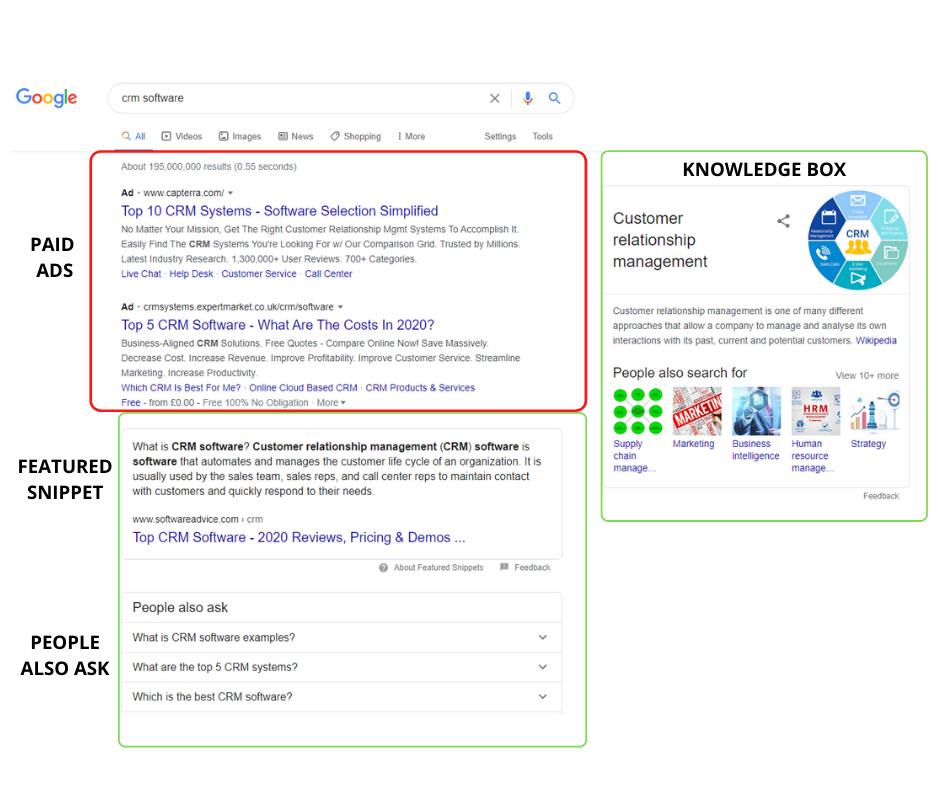
Un guide simple des SERP Romantikes
The Basics of SERPs (Search Engine Results Pages) Let's start with the absolute basics. SERP stands for "search engine results page," and as that name implies, this is the page you encounter after conducting a keyword search on a platform like Google.Based on your search string (the characters you enter into the search bar of the search engine), Google and other search engines will.
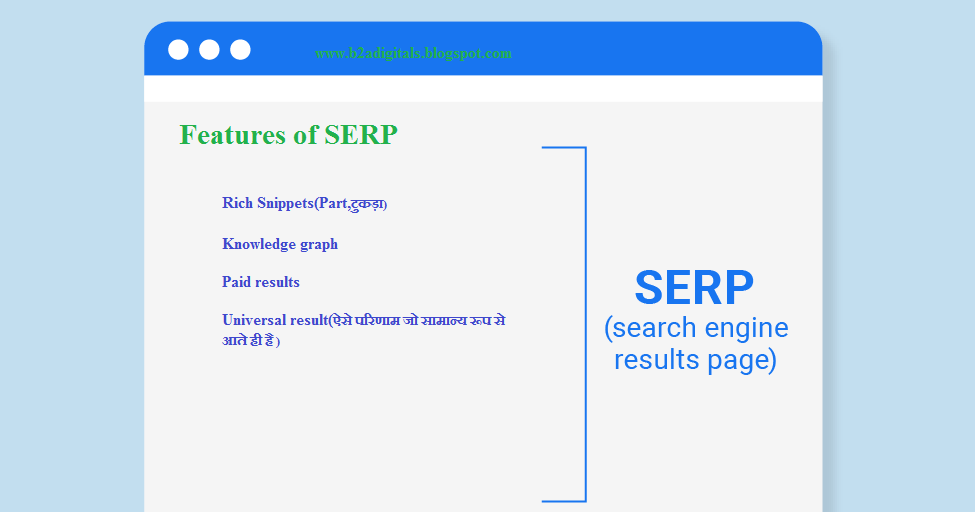
SERP (Search Engine Results Page) and Digital Marketing
SERPs (Search Engine Results Pages) are the pages that return a list of web pages in response to a query you enter into the search engine. You've seen them on Google, Bing, Yahoo, and even Ask Jeeves, if you've been on the internet for a while. For the most part, we as consumers don't give SERPs a second thought.

What is The SERP full Form? — SEO Digital
A search engine results page (abbreviated to SERP) is the listing of results returned by a search engine in response to a query for a keyword or phrase. Search engines, like Google and Bing, will return many pages of content results for a given search term. Years ago a SERP was simply paid and non-paid listings.

How to Build a Successful SEO Campaign?
SERP features are elements that appear on Google's search engine results page that go beyond traditional organic results. By traditional organic results, we mean the standard plain text layout: Website name: The core website name, minus all the other bits. Cite: Usually a breadcrumb format, which Google sorts for you.
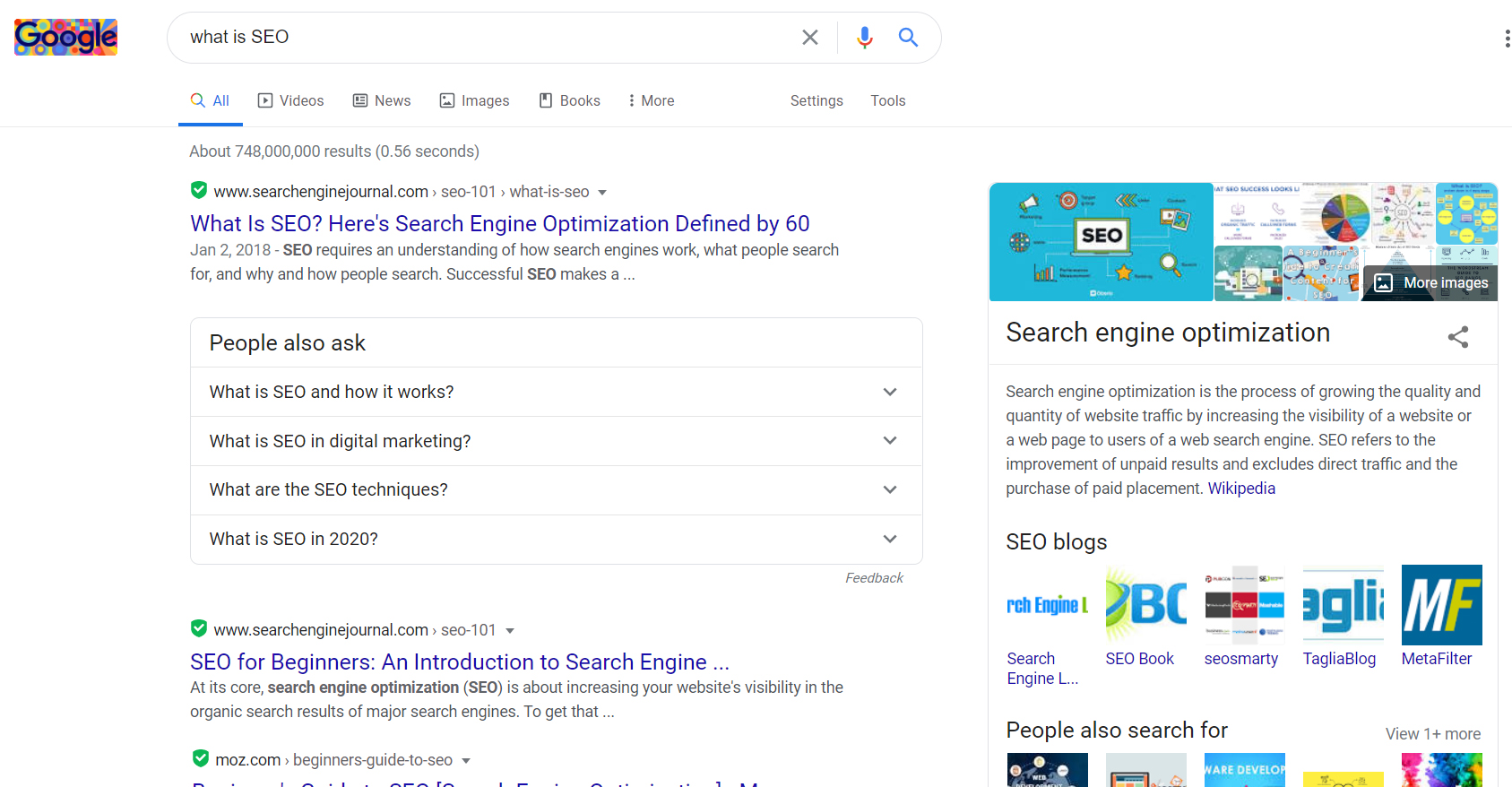
What Is a SERP A Visual Guide to Google Search Results & Features
The Extended SERPs is relatively new. These have kind of being around for the last, predominantly, the last few years. Knowledge graph: The first one is knowledge graph and we're going to come to that in a moment and we'll talk about that in a bit more depth. Direct answers: Sometimes you'll ask Google or a search engine a question, and they'll.

How to Boost Your SERP Rankings? Caffeine Marketing
A SERP feature is any result on a Google Search Engine Results Page (SERP) that is not a traditional organic result. The most common SERP Features are: Rich Snippets which add a visual layer to an existing result (e.g., review stars for product ratings) Paid Results that are bought by bidding on keywords (e.g., AdWords or Google Shopping)
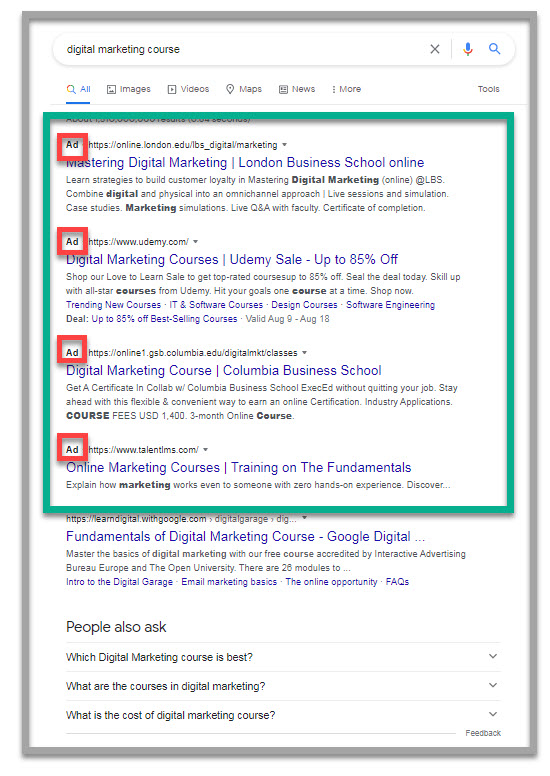
How to do SERP Analysis to Improve Your Rankings
Download App & Start Learning. SERPs are an essential component in understanding user intent and behavior. A staggering 93% of online experiences start with a search engine, making SERPs the initial gateway to accessing information or products. SERP stands for search engine results pages. When a question is typed by a user into a search engine.

SERP (Search Engine Results Page) Marketing BRANDING
SERP stands for Search Engine Results Page. Put simply, it's the page that a search engine displays after a user has submitted a search query. Results are displayed in a variety of formats. Aside from site names and metadata, searches can also return text, images, shopping suggestions, Tweets or information cards.
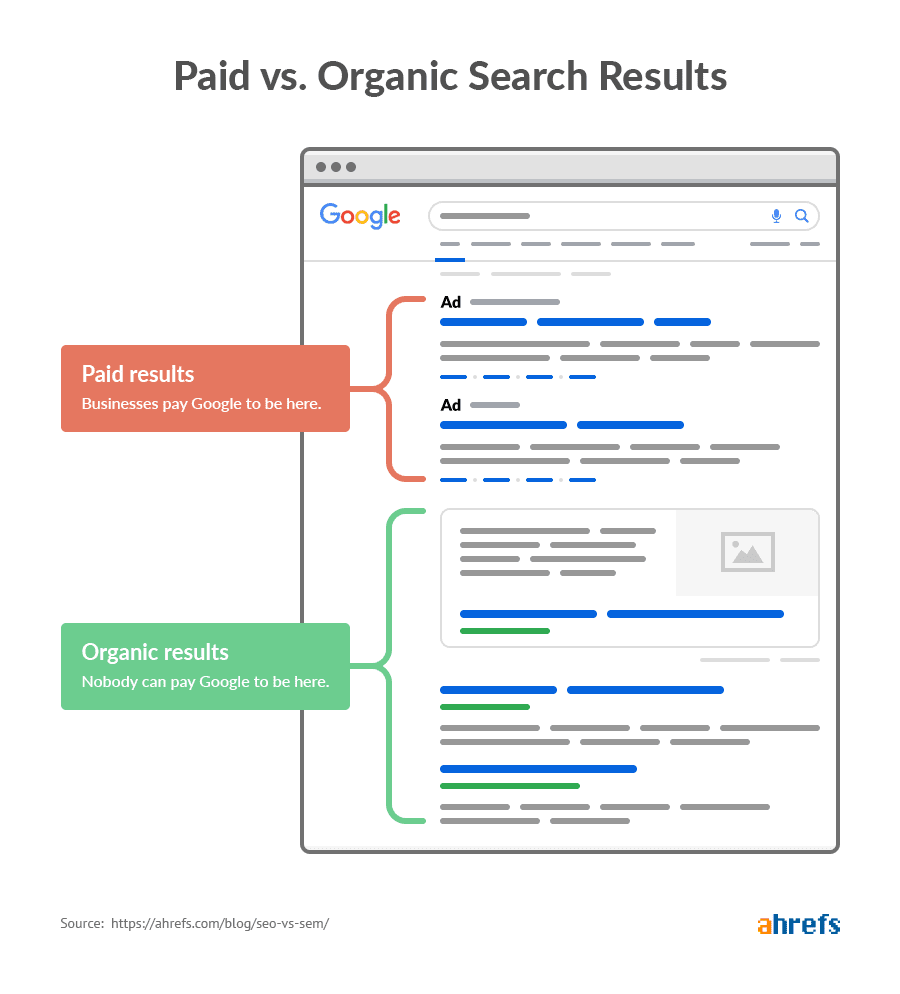
What are SERPs? Search Engine Results Pages Explained
The digital age has transformed how we seek and consume information, with search engines being at the forefront of this revolution. Central to the mechanics of these search engines is the Search Engine Results Page (SERP), a term that, while familiar to many, holds layers of complexity and significance.

The Many Kinds of Google Search Results Ceemi Agency Long Beach, CA
What Types of SERP Results Are There? When you look at a Google SERP or any other search engine results page, you see two types of results: organic and paid. The click-through rates for each of the different Google SERP features vary. For example, the first SERP snippet has a click-through rate of 42.9 percent. The top organic result gets 39.8.
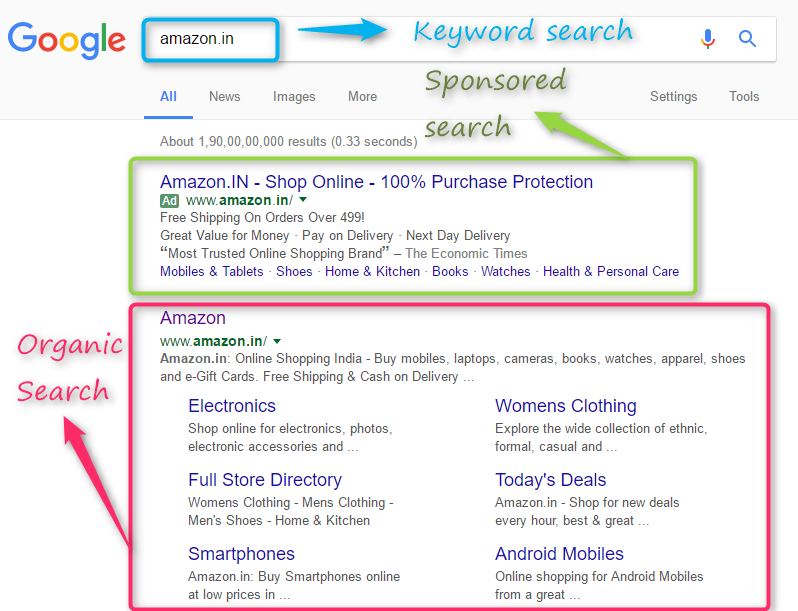
What is SERP/Search Engine Results Page Evrybuzz
Search Engine Results Pages Explained. By Joshua Hardwick Reviewed by Sam Oh. April 8, 2020 9 min read. Search Engine Results Pages (SERPs) are the pages that Google and other search engines show in response to a user's search query. They're made up of organic and paid search results. In this guide, you'll learn:

The changing SERP Understanding and adapting to dynamic search results
What is SERP in Digital Marketing? SERP stands for "Search Engine Results Page.". It is the page that appears on Google, Bing, DuckDuckGo, Yahoo et al after a user enters a search query. The SERP displays a list of results that match the user's query, including links to web pages, images, and videos. Optimising web content to appear.

SERP Full From In Digital Marketing It’s Meaning Commercially Li Creative
What Is SERP? "SERP'' stands for "search engine results page.". It's a page that a search engine displays to a user after they enter a search query. SERPs include links to different webpages that are relevant to the user's query, along with additional information or images.

What is SERP? Its Importance for MKT Digital Today Every Latest World News
A search engine results page (SERP) is a page generated by a search engine in response to a user search or query. SERPs display a list of results or sites relevant to the user's search. Paid advertisements, if relevant, may also appear in a SERP. If you're ready to learn more about SERPs and their importance to search engine optimization.
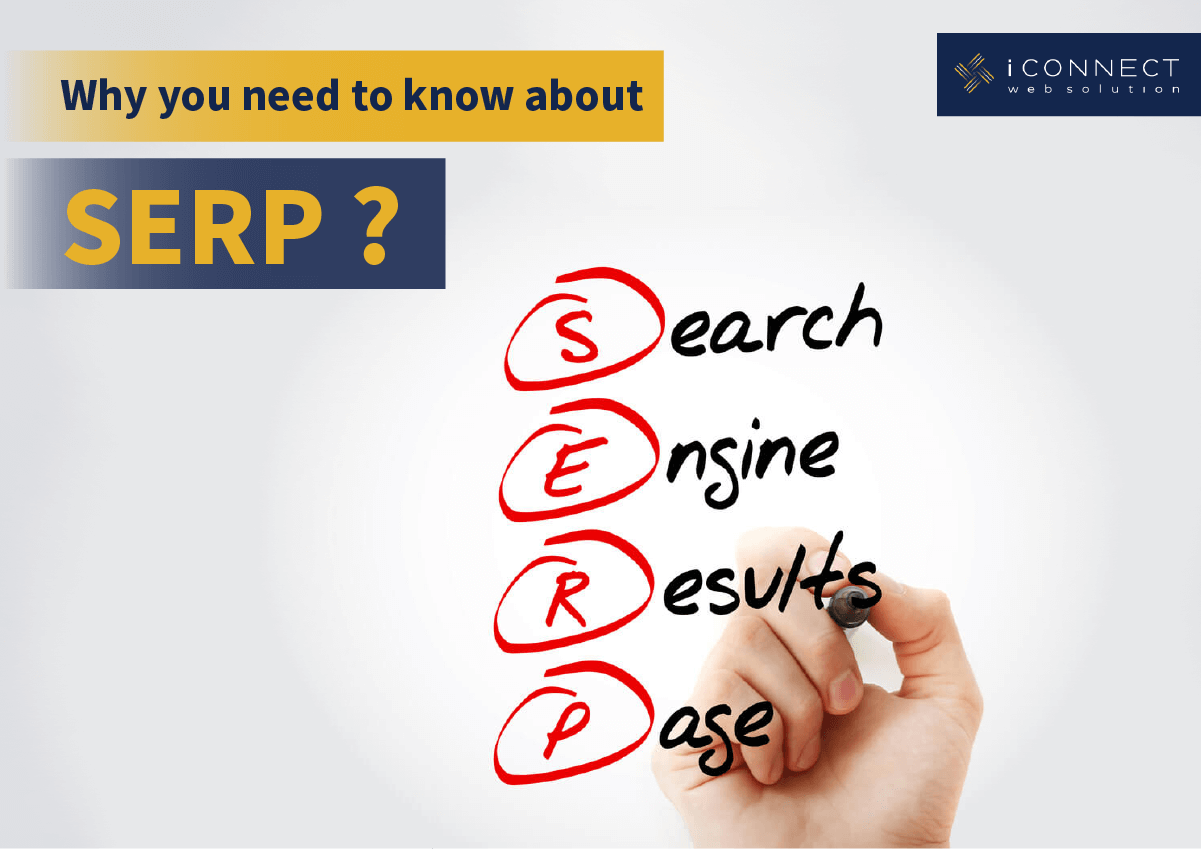
Why Do You Need To Know About SERP? How Does It Make SEO Better For Websites? I Connect Web
Search Engine Results Page (SERP) The page that a search engine returns after a user submits a search query. In addition to organic search results, search engine results pages (SERPs) usually include paid search and pay-per-click (PPC) ads. Thanks to search engine optimization (SEO), ranking position on a SERP can be highly competitive since.